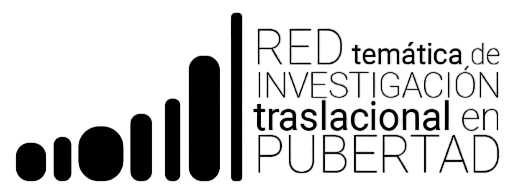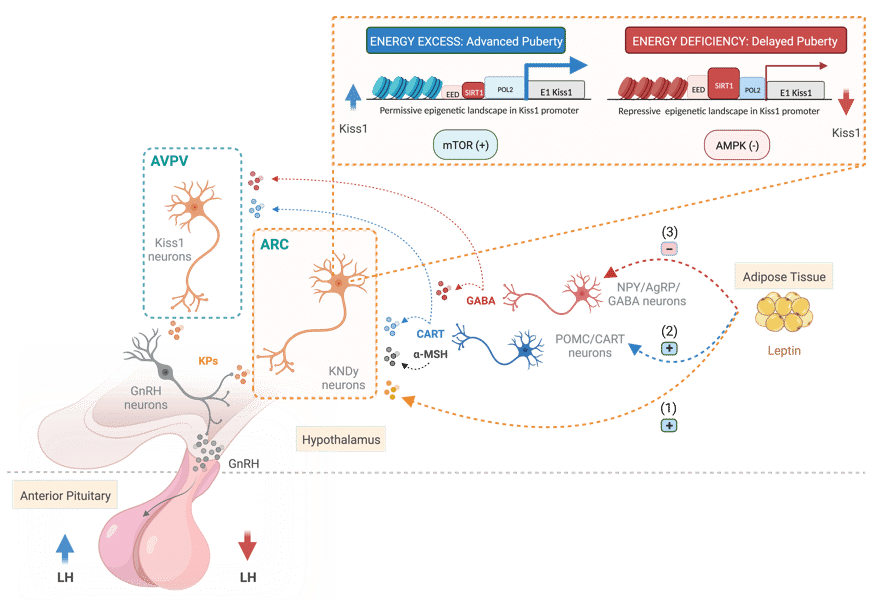ReTIT-PUB Working Groups
Thematic structure to drive research, collaboration, and training in puberty
Five key areas that structure the scientific work of the network
The ReTIT-PUB network is organised into five thematic working groups (WGs) which structure scientific activity, promote multidisciplinary collaborations, and coordinate both specific projects and cross-cutting actions.
Each WG is led by researchers with recognised expertise in their field and acts as a driving core for the network’s lines of work.
Details of the working groups
GT-1. Genetic determinants of puberty
Lead: Jesús Argente
Institution: Niño Jesús University Children’s Hospital / Autonomous University of Madrid
Line of work:
Study of the genetic bases determining normal and pathological puberty. Identification of variants related to precocious puberty, delayed puberty, and hypogonadism. Collaboration with clinical and bioinformatics groups for functional validation.
GT-2. Clinical studies on normal and disordered puberty
Lead: Lourdes Ibáñez
Institution: Sant Joan de Déu Research Institute / University of Barcelona
Line of work:
Clinical research in paediatric populations with pubertal disorders. Observational studies and clinical trials. Collaboration with paediatric endocrinology, adolescent gynaecology, and clinical nutrition.
GT-3. Preclinical models for the study of puberty
Lead: María Domínguez
Institution: Institute of Neurosciences – CSIC
Line of work:
Development and analysis of animal models (murine and non-murine, such as Drosophila) to explore fundamental mechanisms of pubertal maturation. Evaluation of conserved signalling pathways, metabolic, and neuroendocrine effects.
GT-4. Multi-omics and bioinformatic analysis
Leads: Concepción Aguilera and Mario Fernández-Fraga
Institutions: University of Granada / CINN – CSIC (Nanomaterials and Nanotechnology Research Centre – Spanish National Research Council)
Line of work:
Application of high-throughput analysis technologies (genomics, transcriptomics, epigenomics, metabolomics). Development of tools to integrate clinical and preclinical data. Methodological advice and support to other groups in the network.
GT-5. Mobility, training and outreach programme
Leads: Abel López Bermejo and Javier Morante
Institutions: IDIBGI – University of Girona / Institute of Neurosciences – CSIC (Spanish National Research Council)
Line of work:
Design and coordination of short scientific stays, seminars, workshops, and outreach activities. Promotion of presence in media and social networks. Liaison with educational initiatives, patients, and civil society.

